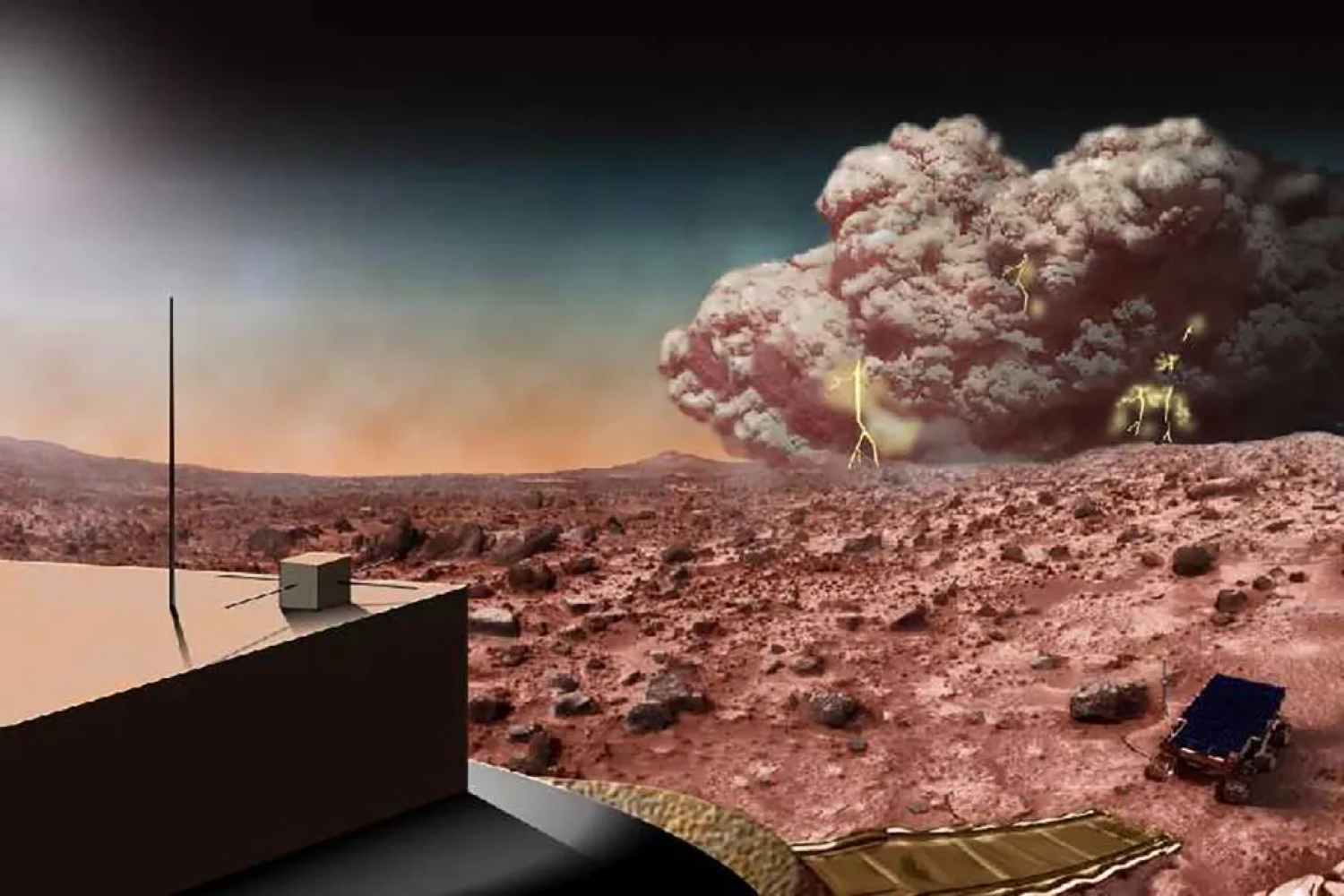
Dust storms on Mars could one day pose dangers to human astronauts, damaging equipment and burying solar panels. New research gets closer to predicting when extreme weather might erupt on the Red Planet.
Today’s weather report on Mars: Windy with a chance of catastrophic dust storms blotting out the sky.
In a new study, planetary scientists at the University of Colorado Boulder have begun to unravel the factors that kick off major dust storms on Mars — weather events that sometimes engulf the entire planet in swirling grit. The team discovered that relatively warm and sunny days may help to trigger them.
Heshani Pieris, lead author of the study, said the findings are a first step toward forecasting extreme weather on M...
Read More









Recent Comments